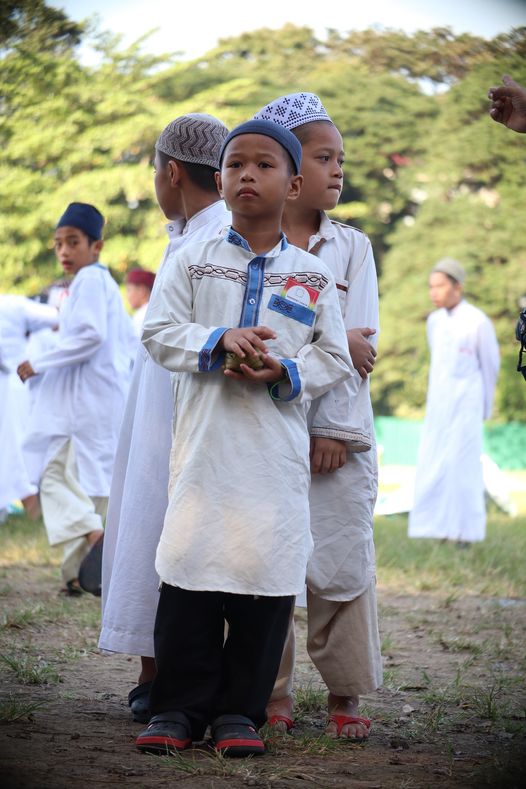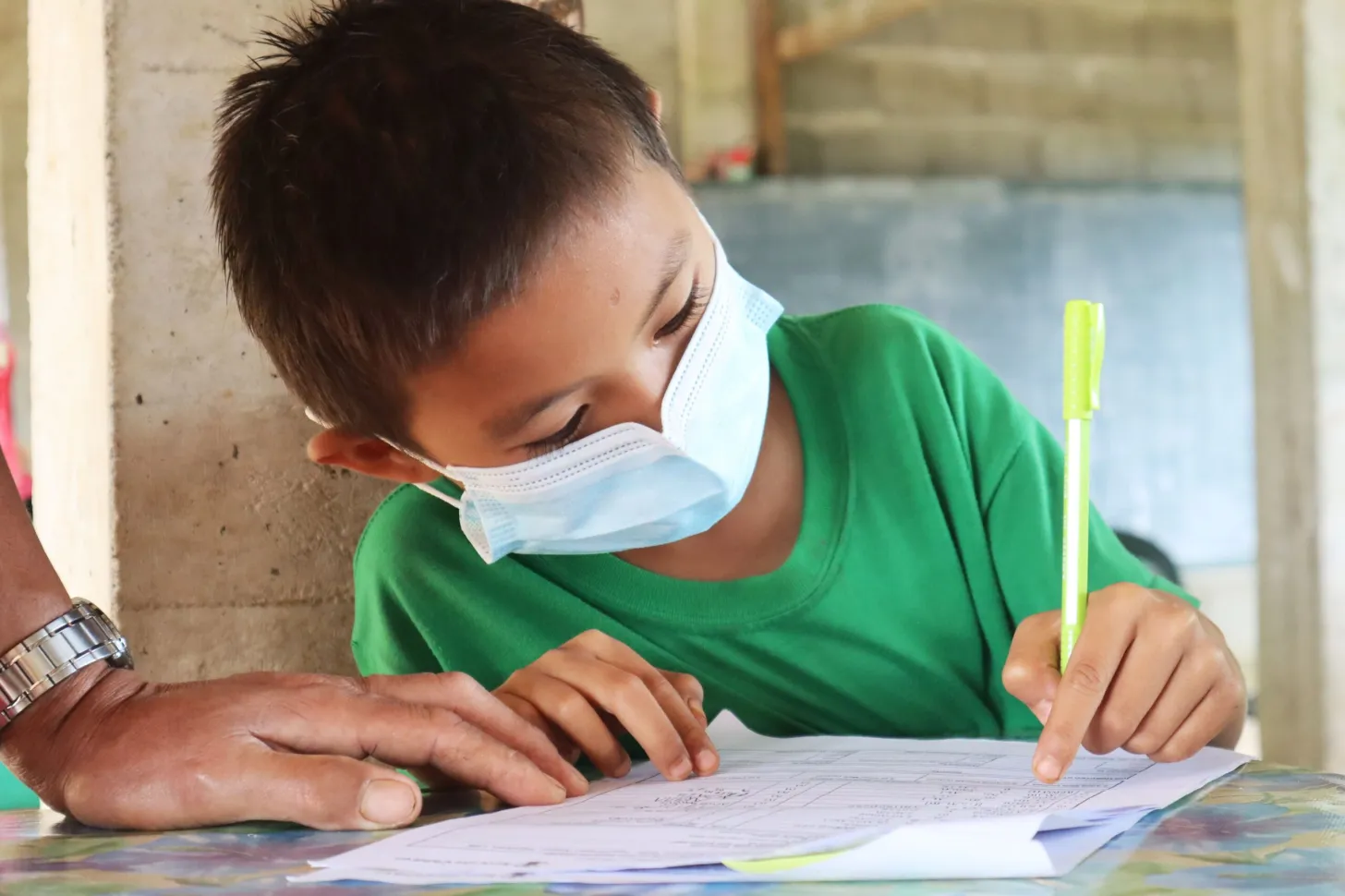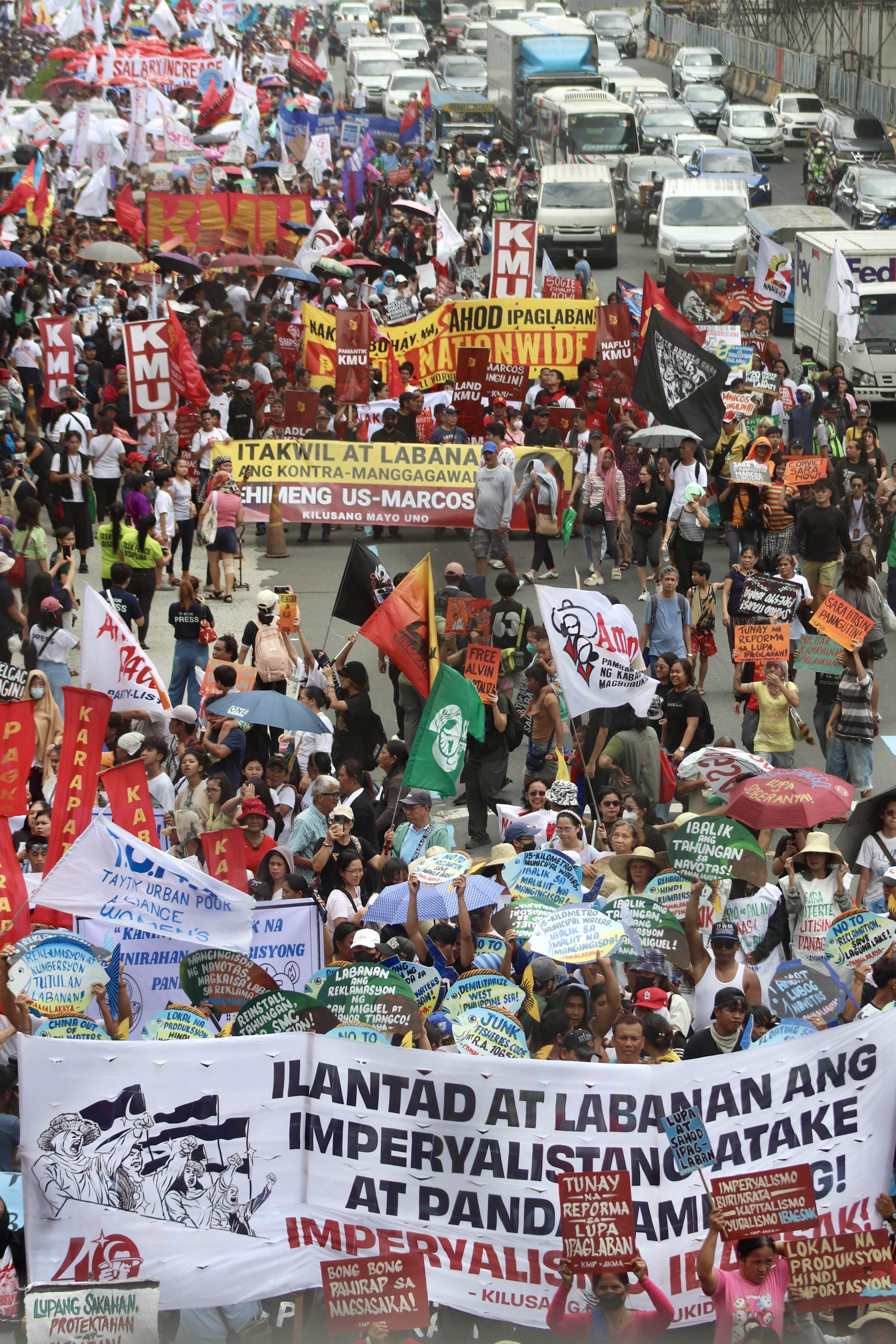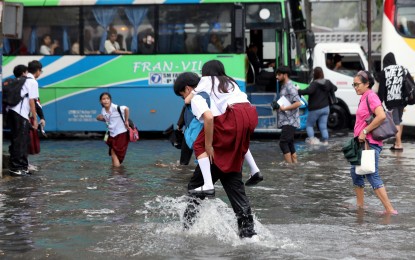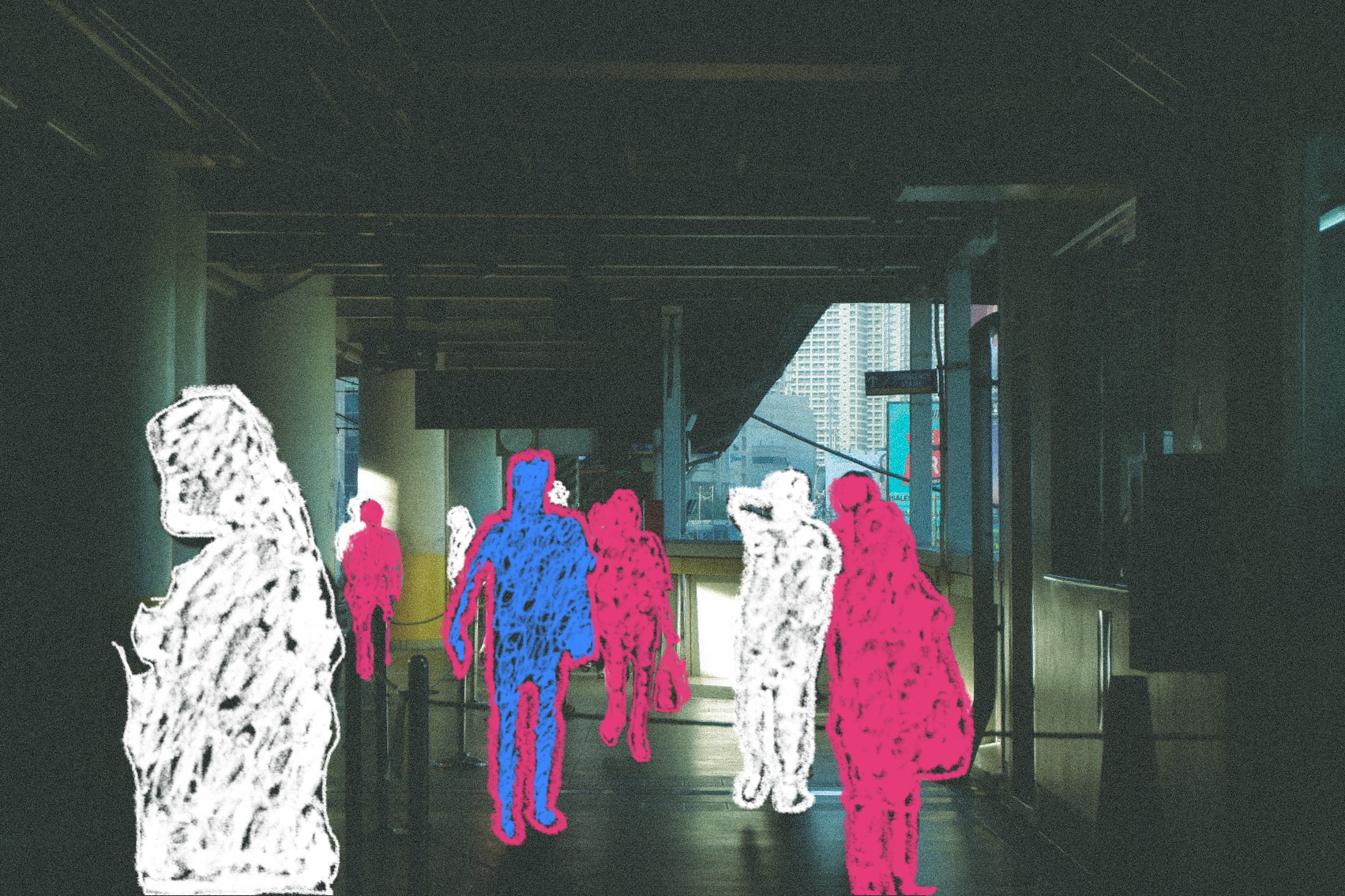In 2015, the house of Australian sex offender Peter Scully was raided by the police as he was believed to have hosted a child pornography site on the dark web. Investigations revealed the gruesome filming process and exploitation of over 70 underaged girls, most of whom were scouted around Mindanao.
On November 9, a local trial court found Scully guilty and sentenced him to 129 years of imprisonment, a bittersweet end of a chapter that shocked the country more than half a decade ago. But the years-long investigation process, little to no anonymity for the juvenile survivors, and lack of government support for these victims all reflect the noticeable lack of effort of the state to protect and support Filipino children.
The inability of both our authorities and communities to protect our children from life-changing traumas forces us to assess the implementation of related policies and evaluate certain cultural practices that contribute to child neglect and abuse. With the youth being regularly at risk of abuse in their own homes, forced labor, and sexual exploitation, among others, they are only subject to dim futures and lost lives.
For instance, the police require three or four separate acts of maltreatment for reported cases of domestic violence to officially become considered by the authorities. This alone could explain why we only come to learn about cases like Scully's. Now, it has come to a point where several individuals have already fallen into the trap all while children and witnesses themselves hesitate to reach out for help.
Underreporting could also be connected to how most Filipinos generally find a hard time to denote if discipline is enforced with an iron fist: Our traditional culture dictates that physical punishments are merely acts of love. However, love should not leave one with unwanted bruises or mental health issues.
The situation, at the very least, shows some improvement. Because the Philippines is a known hotspot for child exploitation, the government has initiated various actions and policies to amend the matter. For one, the Department of Justice's Committee for the Special Protection of Children and the Department of Education's (DepEd) creation of a child protection unit is one of the programs that currently attempt to mitigate and protect the rights and safety of children. These efforts join hands with several policies against involving minors in cybercrime and online trafficking.
Republic Act (RA) 7610 or the Special Protection of Children Against Abuse, Exploitation, and Discrimination Act serves as the mother policy for child protection efforts on all forms of neglect and discrimination against children. The law encompasses even the state’s consideration of those who are part of indigenous communities and children who may be implicated in armed conflicts.
Hearing all of this makes it look like the Philippines is off to a good track, but with the UP Philippine General Hospital's 2016 report on how most sexual abuse cases involve children aged 13 to 15, we cannot help but wonder if the implementation of these laws and projects bear any weight at all.
For one, RA 7610 has been castigated by the Supreme Court for being too lenient in penalizing sex offenders. The court, in a 2019 decision, noted that the penalty for violations when the victim is under 12 years old is lower than the penalty when the victim is between 12 to 18 years old.
International humanitarian organization CAMELEON Association shares that a whopping 7 million Filipino children are sexually abused at least once per year, with 20 percent belonging to those under 6 years old. Unfortunately, this only includes reported cases to the authorities, so the actual number may be significantly higher, and harder to stomach, as seven out of ten children do not know that help is within their reach.
Hope is not lost, though. DepEd’s national child protection unit hotline will soon be implemented in every school to bridge the gaps in the financial and developmental child-centered care programs. Just this year as well, the Anti-Online Sexual Abuse or Exploitation of Children and Anti-Child Sexual Abuse or Exploitation Materials Act was passed for the establishment of a national coordination agency against the aforementioned offenses in its name. These steps, albeit relatively lagging behind the efforts of other countries, are still significant strides toward promoting better child welfare.
Members of the community are also expected to do their part by being open to open discussion of sensitive and critical topics as an early intervention effort that will save more lives than we could ever imagine.
Children, by their own rights, can and should always have the avenue to address concerns and personal curiosities with trusted peers as they navigate through life. Society molds our people. Both our communities and the government, then, should provide programs directed to the care of our children because, ultimately, it takes a village to raise a child. ●
